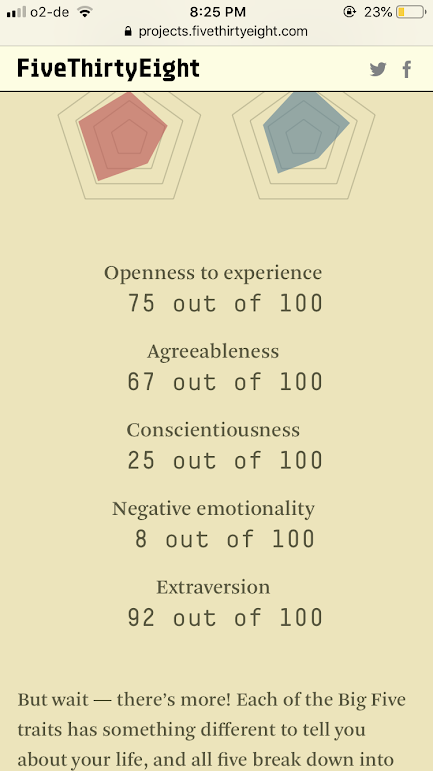I was with a friend in Potsdamerplatz, we were talking in Arabic when a lady started making fun of our speech blabbing random Arabic words while calling us Turkish and Arabisch.
An Egyptian guy wrote on his Facebook he was in a club and three guys at different times approached him asking if he has any drugs to sell. I was telling this story to a black German/American friend and he told me this happens to him all the time on the streets.
I went on a bus with two American friends, one of them asked a lady in German to make space for the wheelchair, a random man started blabbing telling her we are not waiting for foreigners to tell us what to do.
I have few of stories of treatment of government employees to foreigners, and how the tone changes for better with Arabs if unfortunately they show their blue card to prove they aren’t refugees.
Those are examples of racism happening everyday in Berlin, with different people, all the time.
The typical reaction I see from many people after such incidents is to generalize racism on the whole population. I understand where they are coming from but I refuse this conclusion.
The problem with racism is that it is low probability, high impact event. I have the thick skin (and the elastic heart) to not bother when a random stranger throws racist words at me while crossing the street. I am also not offended when someone tries to give me money because I am on a wheelchair (yes, this happens). But I would be furious if someone wouldn’t treat me fairly at work or a government institution because they are being racist.
I personally see the topic too complicated and anger rarely solves it. Most of the vocal people on racism tend to be leftists, and when they start being vocal, the right is good at being provocative, which fuels the anger more and leads in the post facts era we live in to spread the right’s message even further. Add to this there are those leftists who has victimhood mindset and make matters worse by making the issues shallower instead of focusing on the core problems.
When I say the right I mean the extreme, I don’t mean the whole right. I myself have some tendencies towards the right in some aspects such as being pro-capitalism.
Being vocal doesn’t help, silence is also not a solution. When these topics are less talked about, they keep boiling until they explode. This is one of the main reasons I am against laws that silence people on the basis of hate speech. I see such laws endanger democracy. Once we give the government the right to silence people, all it takes is a single bad actor to expand the same laws to silence their opponents.
This takes me to the role of media in breaking the silence. I don’t know what’s happening on German media, but my trial to follow the Arabic speaking, government funded Deutsche Welle channel was disappointing to say the least. The main narrative is Germany is a utopian place with few racist AfDs that kind people demonstrate against and the Parliament issues laws to shut them up. Most of the programming is about how people are becoming successful just because of being in Germany and not because they put a lot of blood sweat and tears to get where they are. They discuss sensational topics such as free speech or women’s freedom in a very shallow way and with no criticism to how such topics are being handled in Germany. Even Yosri Fouda, who is one of the best Egyptian investigative journalists (the only journalist to interview Bin Laden post 9/11) became equally shallow when he joined DW.
Where are the investigations on how German embassies treat visa candidates? Did no one see the Facebook comics on the rudest employee in the Cairo embassy? The guy who refused to move to the accessible counter when I was applying for visa. Where are the discussions on the two way street of integration? Can someone show up on DW and argue from the point that the whole refugees situation was driven by pure economic and not humanitarian incentive (I am not claiming that, I am just playing the devil advocate)? I doubt.
So being vocal makes things worse, silence doesn’t help either. What’s the solution? I don’t know, and mostly don’t care. I’m living in my own bubble. I consider racism just a risk factor, and it ranks low on my list of immigration risk factors below things like loneliness and the stability of my medical condition.
Why am I writing this? Food for thought. It might draw a lot of heat towards me because of the sensitivity of the topic, it might get misinterpreted, but I am publishing it anyways to articulate my thoughts, and because I also expect it to draw some interesting discussions with smart people. And maybe, maybe it opens up someone’s horizon into understanding the complexity of the topic.

